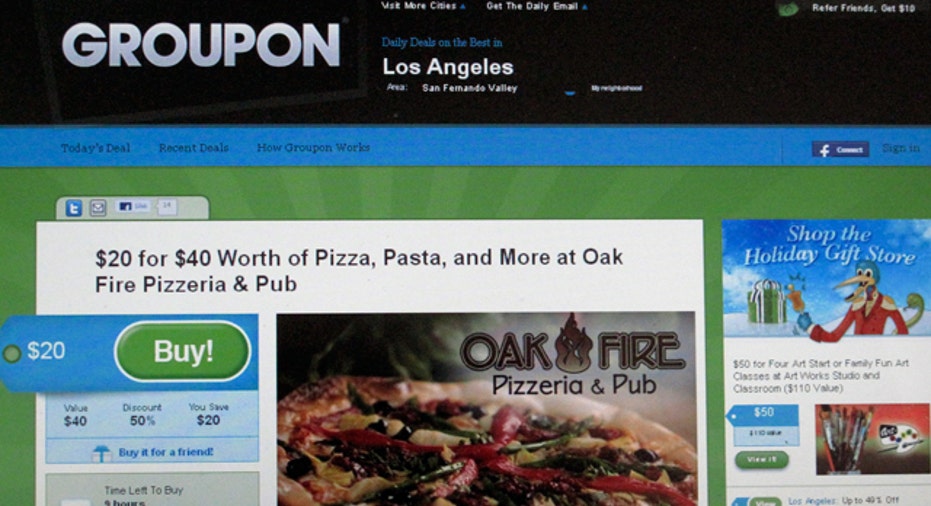RIP Daily Deals? Not Quite

Theres a daily deal site targeting just about every niche group these days; you name it, theres a site offering deals specific to their interests. But as these startups are quickly finding out, it takes more than just a good deal to keep an audience captive.
According to David Sinsky, owner of Yipit.com, a daily deal aggregator site, many of the niche sites that have been created in Groupon's wake are now realizing they can't afford to keep up with the competition.
"Its a classic case of thinking about what it takes to build a successful site," Sinsky says, adding that sales and distribution are the biggest hurdles for startup sites. "You have to have not only a massive sales force, but also have to build a massive distribution channel and build your subscriber list."
According to Yipit, 170 of 530 daily deal sites have either closed down or have been bought out this year. Sinsky said Groupon spent close to $180 million on its email subscriber list last quarter and spent more than $200 million on marketing during that time periodstaggering figures that most startups dont have.
Successful additions to the saturated daily deals market have been those with already-established customer bases like TravelZoo.com, that already has brand recognition, which is half the battle.
"They already had 20 million subscribersthey didn't have to create a brand," Sinsky says. "They had all of the pieces in place."
Vicki Powers, founder and blogger of Houston on the Cheap, says that with many different deal sites crowding the market, its difficult to keep them all straight. Powers' site acts as an aggregator for local deals in the Houston area, and it also incorporates local, free promotions and events.
"Sometimes these [sites] come into town and act like everything is new and different," she says. "At this point, it's really hard to distinguish themselves."
Julia Scott, founder and blogger of BargainBabe.com, warns that just because the crowded market is forcing many smaller sites to throw in the towel doesnt mean the daily deal craze itself is dying down.
Consumers have that "deal mentality and won't necessarily be loyal to a niche site, or the business that is offering the deal, as a repeat customer.
"I don't think that bargain hunters ever tire of deals, or that they're not as popular," Scott says. "I just think there is so much competition and most people are attracted to [a business] for the deal, they're not planning on becoming a loyal customer."
Many people even refer to daily deals as "Groupons," Scott says, becoming a household name much like Googling did.
"People end up going for that brand name," Scott says of the site's reining popularity. "There's a lot of imitators, and there is room for more than one daily deal site. There are more than 600 now, which is totally unsustainable. I am skeptical that there will eventually be more than 100 [remaining]."
Sinsky echoed Scott's sentiments on smaller sites trying to compete.
"It's very, very hard to build an organization that can compete with Groupon," he said. "At this point Living Social is close, but they're not even half the size."



















